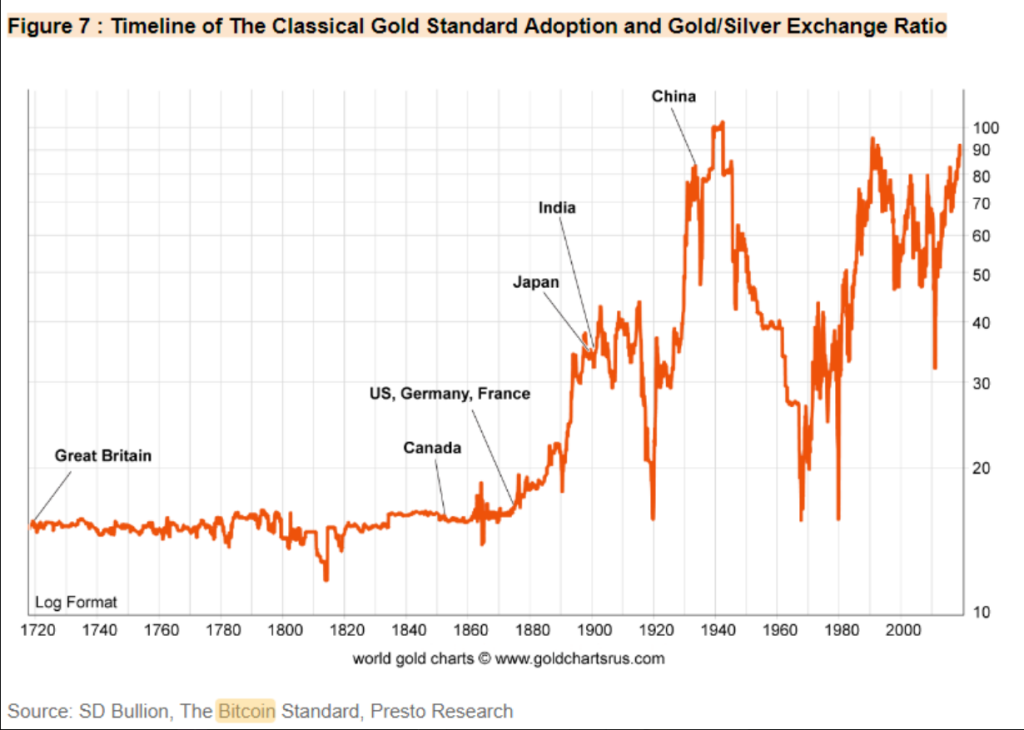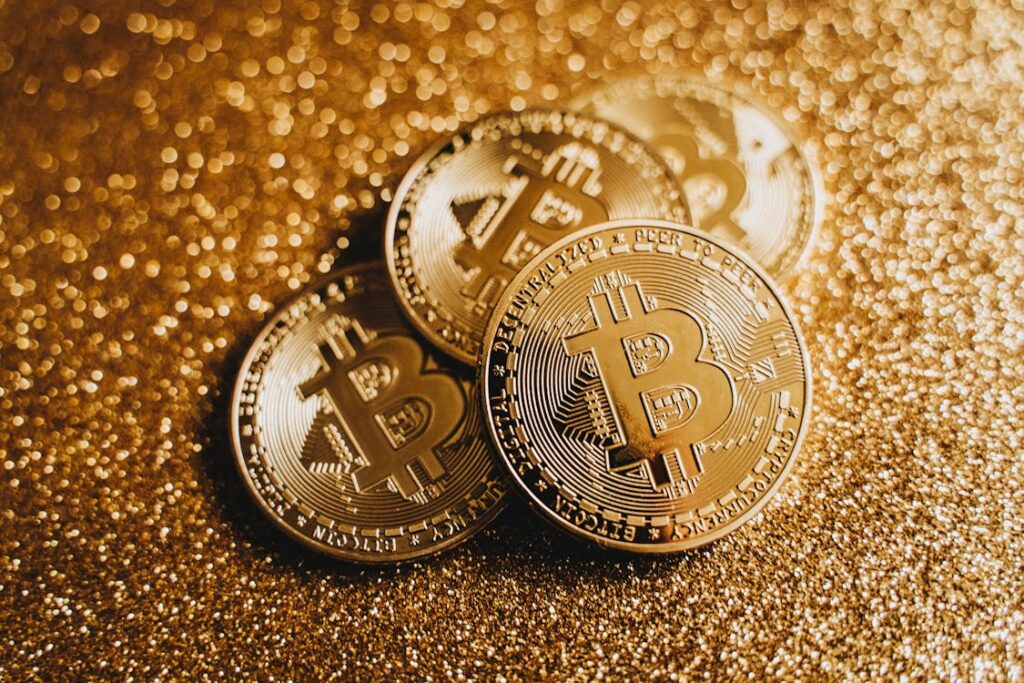This article is available in Spanish.
Matthew Sigel, Head of Digital Assets Research at VanEck, recently commented on the potential of Bitcoin to become a global monetary standard, similar to gold, which has sparked controversy. This position is gaining momentum, especially as the debate over a US strategic Bitcoin reserve intensifies.
Related reading
The Future of Finance: The Role of Bitcoin
Sigel stated that Bitcoin has the potential to significantly influence the future of global finance. He claims the creation of a crypto strategic reserve by the US government, with an estimated amount of 1 million BTC, could establish the leading crypto asset as a new form of currency.
This concept is reminiscent of historical periods when nations accumulated gold to strengthen their economic capabilities. Sigel argues that this could catapult the US into becoming the standard-bearer of the new financial era.
The gold standard once defined reserves.
Now Bitcoin offers the opportunity to converge on a ‘digital standard’ for money.
It could well reflect gold’s role in reshaping global finance. pic.twitter.com/e1ogPe947R— Matthew Sigel, recovering CFA (@matthew_sigel) January 10, 2025

Gold vs. Bitcoin: lessons from history
The comparison of crypto to gold is not new, but has gained popularity recently as more and more governments experiment with digital currencies.
Gold is often seen as a safe haven and a reliable store of wealth, but Bitcoin offers unique benefits that no other asset offers. It is essentially a digital asset, so unlike gold, transfers are fast and significantly more portable. This digital nature makes it less vulnerable to physical theft and facilitates cross-border transactions.
While mining helps produce gold, Bitcoin is intrinsically rare because its supply is limited to 21 million coins. For those trying to offset economic uncertainty and inflation, this planned scarcity could make BTC a tempting alternative.
Global perspectives and responses
There is a growing global buzz about Bitcoin’s potential. Due to recent political shifts in the US, countries like El Salvador have made Bitcoin legal tender, and leaders in other countries are trying to implement similar policies. However, given Bitcoin’s erratic nature and gold’s stable purchasing power, some economists believe this move should be rejected.
Related reading
While Bitcoin offers contemporary benefits such as decentralization and immunity from government intervention, its price volatility could hinder its widespread adoption as a medium of exchange, according to critics. As a result, the two assets differ in the crucial factors that investors and decision makers need to consider.
Sigel’s words reflect a new interest in how Bitcoin could reconfigure financial systems around the world. As conversations continue about whether it will eventually become a global standard, alongside gold, both proponents and detractors will be watching to see how this story develops in the coming years. Perhaps the future of money depends on how these two assets evolve and interact in an increasingly digital economy.
Featured image from Pexels, chart from TradingView

